Leadership: The Idea vs The Reality
Some aspire to be leaders, while the thought of leading intimidates others. Some even feel that they can’t possibly become a leader.
What if we told you, however, that leadership can be attainable by everyone – no matter where you are in your life journey? At its most basic definition, leadership is “the action of leading a group of people or an organization.” But it means much more than that. To lead is to also positively inspire others through the values you hold.
Values of the Medal of Honor, for example – Courage, Integrity, Commitment, Sacrifice, Citizenship, and Patriotism – are synonymous with leadership. And everyone has the potential to hold and live out those values. The National Medal of Honor Center for Leadership breaks down some misconceptions about leadership to help you navigate your life’s journey and find the leader in you.
Myth: You can only be a leader if you assume an executive position at a company
Myth: Leadership means putting yourself above others.
In fact, the opposite rings true. To be a leader is to treat your peers as equals. Being a leader is recognizing that we all are human and that we all learn from each other. One example that may come to mind is teaching in a classroom. Students learn from the teacher, but ultimately, a great teacher learns from his or her students and, thus, applies those lessons to improve their classroom environment. The same is true for a manager who leads employees, or even a parent who is raising their children.
Myth: Leadership means being bossy.
Assertiveness is often considered a critical quality to have to lead others, as to be assertive is to command others’ respect. However, being bossy—in other words, domineering or controlling—is often mistaken as being assertive. Bossiness can be detrimental not only to the growth of those you lead but also to the morale of your environment. A large part of being a leader is providing an environment that fosters encouragement. That can be possible even while being assertive, but not while being controlling.
Myth: You must perform a heroic act to be considered a leader.
Medal of Honor Recipients are known for heroic acts they performed in battle and are widely regarded as leaders because of those acts. However, heroism is an example of courage, which is just one of many forms of leadership. You can display leadership through commitment to a project, sacrificing something personal for the greater good, being honest … the list goes on.
What is a leadership value that resonates with you? If you are unsure of that answer, let us help you find out by meeting your moment.
Subscribe to our newsletter to keep updated on upcoming programs and events.

